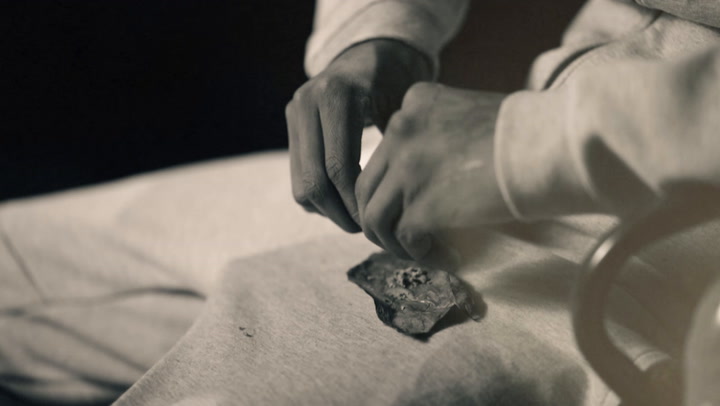Photo via iStock/ Reabirdna
Although a growing number of Western nations have embraced medical cannabis in some form over the past two decades, such reform has been slow to come to Asia. However South Korea may be in line to become the first Asian country to legally embrace the medicinal properties of cannabis, as the country's food and drug ministry has just announced their support for a new medical marijuana bill that is currently being debated by the country's lawmakers.
Unlike many Western countries, where cannabis was prohibited in the 1930s, South Korea did not fully prohibit cannabis until 1976. But like many other Asian states, Korean cannabis laws are far more extreme than Western nations, giving courts the power to sentence pot smokers to death. The country's Narcotics Control Act currently prohibits all forms of cannabis cultivation and use, including marijuana and hemp, but does allow some limited use of cannabis seeds and fibers for textile production and academic research.
This January, Democratic Party of Korea Representative Shin Chang-hyun proposed a bill to the National Assembly that would legalize medical marijuana in a very limited form, allowing the importation of a small range of cannabis-derived drugs. A similar bill was proposed in 2015, but lawmakers voted it down, citing a “lack of social consensus” on the matter. This year's version has a much greater chance of success, however, as the country's Ministry of Food and Drug Safety has announced that they are in full support of the legislation.
The proposed law is very restrictive, though, and would only allow patients to take cannabis-based substances that have been approved by other countries' drug administrations. This effectively limits patients to four drugs — Epidiolex, Marinol, Sativex, and Cesamet — which have been approved in the U.K. or the U.S. to treat epilepsy or wasting syndromes connected with cancer or HIV. Patients would not be allowed to use or grow actual cannabis flower, nor would they be allowed to use edibles or oils.
The bill also wouldn’t legalize the cultivation or processing of cannabis within the country, but only authorize the import of these four approved medications. But medical cannabis advocates throughout South Korea are already pushing lawmakers to expand the law to allow additional forms of natural cannabis-derived medicine, and the health ministry has agreed to consider advice from doctors and patient advocacy groups on the matter.
Canna-businesses in Canada and Israel are already anticipating that these expansions will be approved, and are preparing a range of products to meet the country's expected demand. Tikun Olam, a major cannabis cultivator in Israel — home to one of the world's most developed medical cannabis industries — recently announced that they were working with Korean cannabis advocates to prepare a supply of medical cannabis for the country's new program.
Israeli lawmakers approved the export of medical cannabis last year, but Prime Minister Benjamin Netanyahu blocked these exports in February, citing concerns that these products could be diverted to the black market. Tikun Olam's plans are still moving ahead, however, as they have partnered with York Bridge Capital, a private equity firm based in Canada, where all forms of cannabis will be legal as of October 17th.
In the meantime, a growing number of South Koreans have been attempting to import medical cannabis products from other countries on their own, despite the legal risk. "There are many types of products including tablets and ointments outside Korea," Kang Sung-suk of cannabis advocacy group Organization of Legalizing Medical Cannabis in Korea, said to the Korea Times. "And it's so easy to buy. You can even buy them from a supermarket or a pharmacy. The current law doesn't reflect what's going on outside Korea or help sick people who need medical help." Customs officials reportedly intercepted 80 attempts to smuggle medical marijuana into the country last year, up from 10 attempts in 2016, illustrating increasing public demand for medical marijuana.











